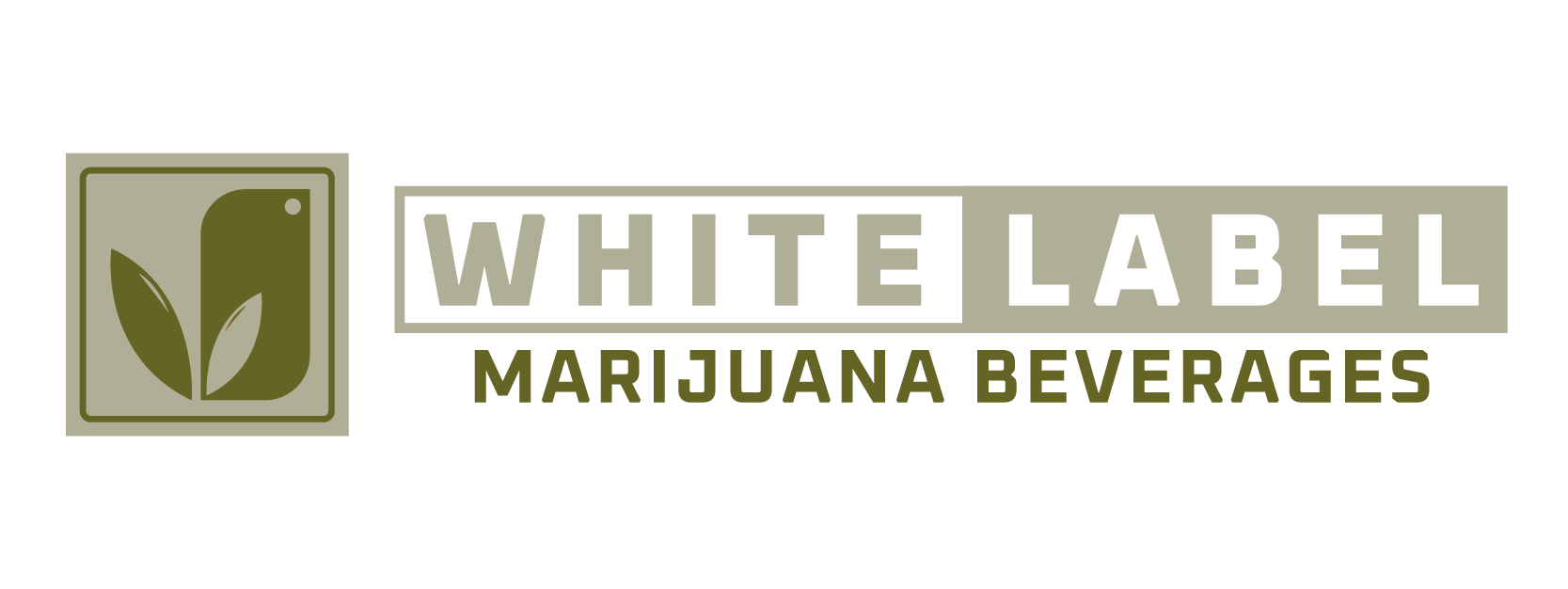As cannabis beverages gain traction among consumers, shoppers are encountering two main categories on dispensary shelves: white label marijuana drinks and branded marijuana drinks. While both deliver THC- or CBD-infused experiences, the two represent different approaches to production, marketing, and consumer perception. For those considering cannabis drinks as part of their wellness, social, or recreational routine, understanding the differences can help in making an informed choice.
What Are White Label Marijuana Drinks?
White label marijuana drinks are products created by manufacturers who specialize in formulating, infusing, and bottling cannabis beverages that can then be sold under another company’s brand name. In practice, one licensed facility may produce dozens of drinks with the same base formulation, allowing retail brands to market them under unique labels.
This model offers businesses an efficient way to enter the cannabis beverage space without having to invest in extraction technology, specialized bottling lines, or regulatory compliance infrastructure. According to MJBizDaily, white label manufacturing has become an essential part of the cannabis supply chain, particularly for emerging companies that want to test the market without committing to large-scale operations.
For consumers, white label products can mean more variety and competitive pricing. Since many of these drinks are made in bulk by the same producers, consistency and quality can often be comparable to branded options.
What Are Branded Marijuana Drinks?
Branded marijuana drinks, in contrast, are typically produced by companies that manage their own formulations, recipes, and marketing strategies. These beverages often emphasize proprietary recipes, distinct flavor profiles, or unique infusion technologies.
Brands like Cann, Keef, and Wunder are well-known in the cannabis beverage sector for their consistent branding and consumer trust. These companies invest heavily in marketing, flavor development, and partnerships, which helps them stand out in a crowded market. According to Headset’s 2024 Cannabis Beverage Report, branded products account for the majority of consumer recognition, with buyers often associating branded drinks with higher quality and innovation.
Potency: Is One Stronger Than the Other?
A common consumer question is whether white label or branded drinks are more potent. In reality, potency depends less on whether a product is white label or branded and more on the dosage choices made during formulation. Both white label and branded beverages must comply with state regulations regarding THC or CBD content, which often cap the milligrams per serving or per container.
For example, in California, cannabis beverages are limited to 10 mg of THC per serving and 100 mg per package, regardless of branding. Similarly, Nevada caps single servings at 10 mg. This means a branded seltzer and a white label soda sold in the same market may be identical in potency if both contain the maximum legal dosage.
That said, branded beverages sometimes use proprietary emulsification technologies designed to improve bioavailability — the rate at which THC or CBD is absorbed into the body. For consumers, this can create the perception that branded drinks “hit harder” or more quickly, even if the THC content is technically the same. White label drinks may or may not invest in similar technologies, depending on the manufacturer.
Cost and Consumer Experience
One of the biggest differences between the two categories comes down to cost. White label drinks are generally priced lower, making them attractive to budget-conscious shoppers. Since multiple retailers may sell identical formulations under different labels, pricing competition is strong.
Branded drinks, however, often command premium pricing due to marketing investment, brand recognition, and the promise of unique formulations. Consumers who value packaging design, social recognition, or flavor exclusivity may gravitate toward branded products, even if the underlying potency is the same.
Which Option Is Better?
The choice between white label and branded marijuana drinks depends on consumer priorities. Those seeking affordability and access to a wide variety of options may prefer white label beverages. Meanwhile, consumers who want a trusted brand, unique flavors, or innovative delivery methods may lean toward branded products.
Ultimately, neither is inherently more potent — state regulations keep potency within tightly controlled limits. Instead, the differences lie in formulation methods, consumer trust, flavor innovation, and overall brand experience. As the cannabis beverage sector expands, both categories are expected to thrive, offering choices that meet diverse consumer needs.
